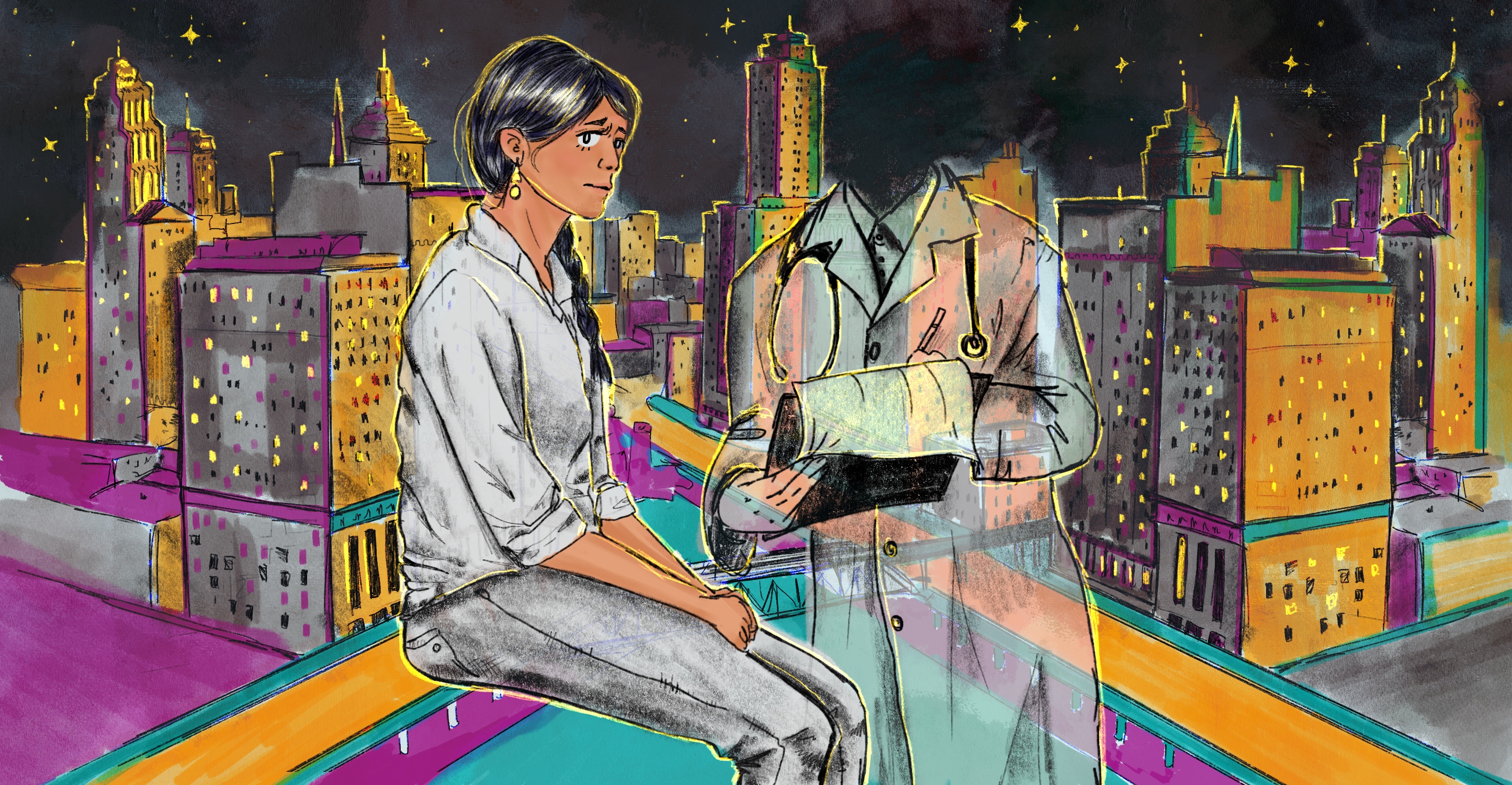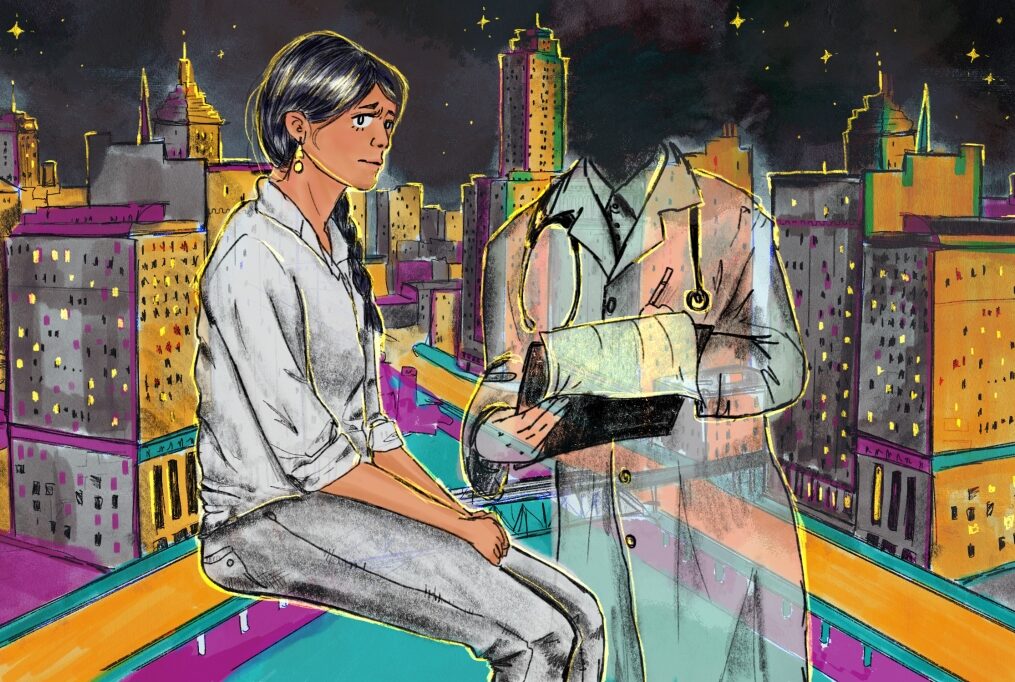‘American Diagnosis’: When Indigenous People Move to Cities, Health Care Funding Doesn’t Follow
Can’t see the audio player? Click here to listen.
The transcript for this segment is being processed. We’re working to post it four to five days after the episode airs.
Episode 12: Indigenous and Invisible in the Big City
Over 70% of Indigenous people in the United States live in urban areas. But urban Indian health makes up less than 2% of the Indian Health Service’s annual budget.
While enrolled members of federally recognized tribes can access the Indian Health Service or tribally run health care on their reservations, Indigenous people who live in cities can find themselves without access to the care they’re entitled to.
“Even though we’re living in urban areas now, that doesn’t mean that our benefits should leave us,” said Esther Lucero, president and CEO of the Seattle Indian Health Board.
The Seattle Indian Health Board is one of many urban clinics across the United States that opened to address the discrimination and lack of services Indigenous people face in cities. These clinics work to meet the cultural and ceremonial needs of the populations they serve.
“We are much more than a community health center or place that provides direct service. We are a home away from home,” Lucero said.
Episode 12 explores the barriers Indigenous people face to accessing quality health care in cities and the efforts of urban Indian clinics to meet the needs of this population.

Voices from the episode:
- Esther Lucero, president and CEO of the Seattle Indian Health Board
- Dr. Patrick Rock, CEO of the Indian Health Board of Minneapolis
- Douglas Miller, an associate professor of Native American History at Oklahoma State University
- Richard Wright, a spiritual health adviser with the Indian Health Board of Minneapolis
Season 4 of “American Diagnosis” is a co-production of KHN and Just Human Productions.
Our Editorial Advisory Board includes Jourdan Bennett-Begaye, Alastair Bitsóí, and Bryan Pollard.
To hear all KHN podcasts, click here.
Listen and follow “American Diagnosis” on Apple Podcasts, Spotify, Google, or Stitcher.
